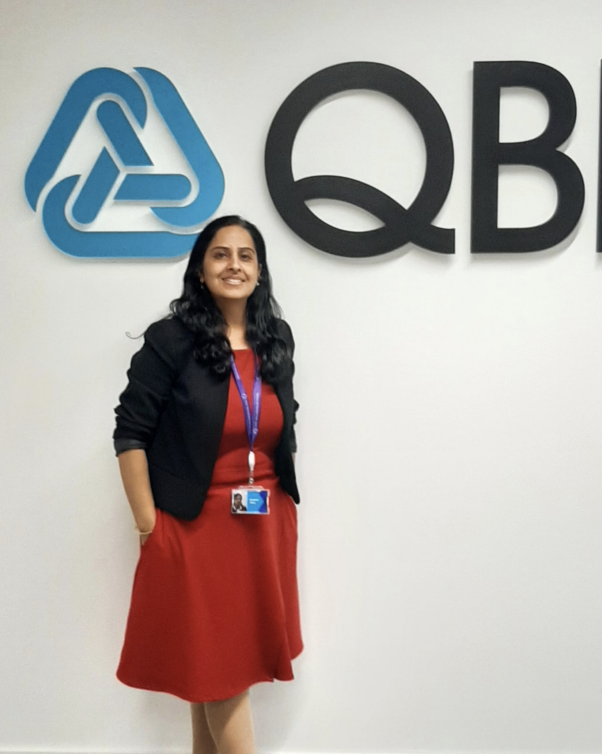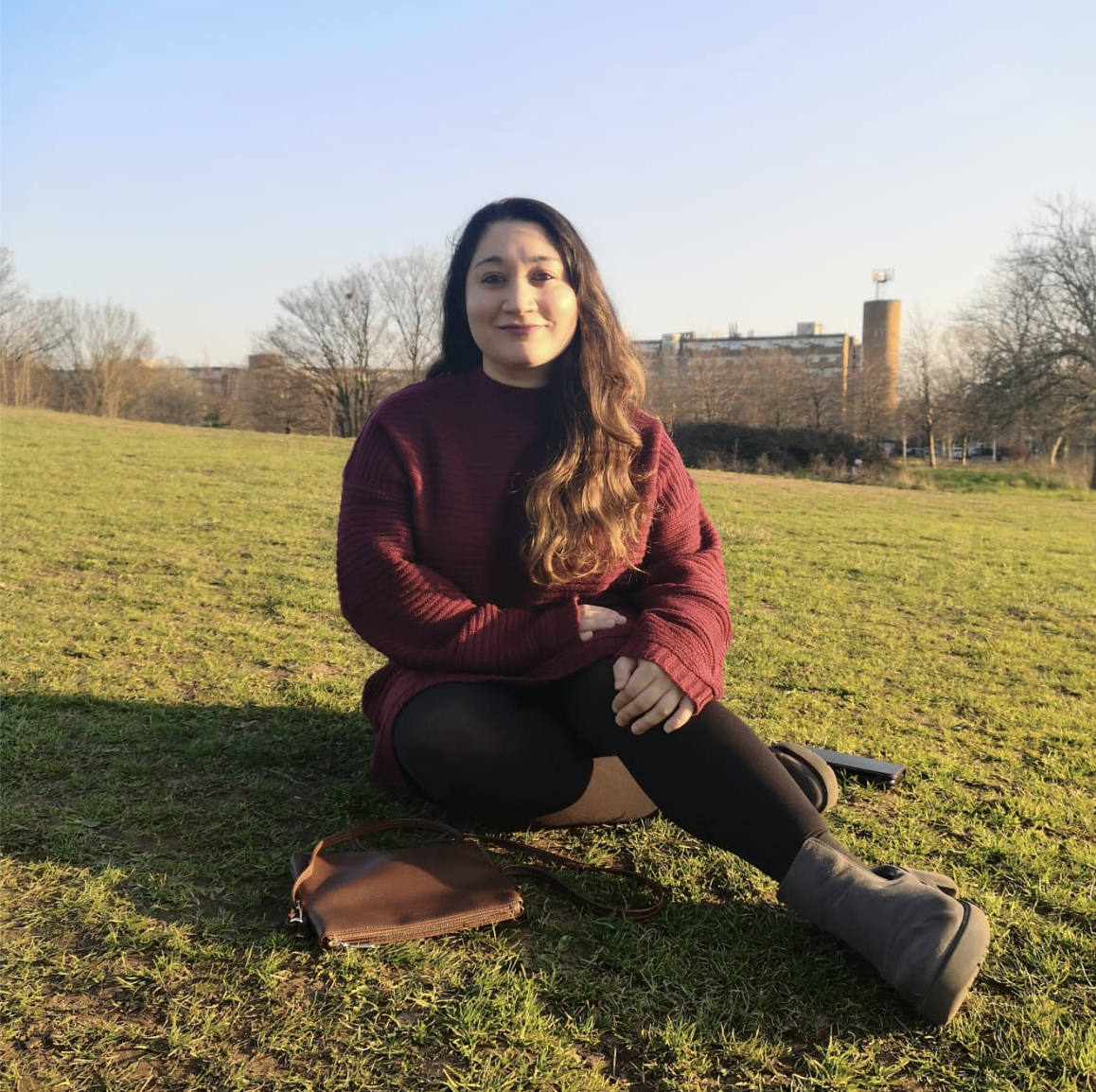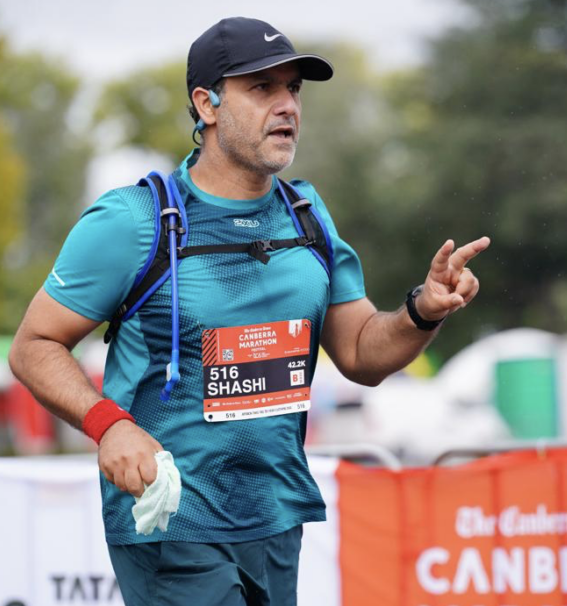
An Ode to Our Teachers
Salman Khan, not the Bollywood actor but the founder of Khan Academy (a much better role model) switched gears right at the top of his game from Hedge Fund manager to an educator. Many of us acknowledge that it was a brave move and in fact quite altruistic of him to let go of all that money could afford him and start an online platform for teaching children across the globe for free. Like him, some of our community members trained as engineers or scientists and enjoyed the adventures of a corporate life till a moment came in their lives where they decided to give it all up and opt for teaching as a profession. Like everything else in life, change is not easy but rewarding in its own way. In my conversation with three energetic and enthusiastic educators, I get a glimpse of their journey that is amazingly fulfilling with each day bringing on a new adventure.
Archana Warikoo Nagpal enjoyed her life as a Project Manager for a multinational company in India before moving to UK in 2000. Although, she had an offer to continue her role with the company in the UK, she chose to take a break and concentrate on raising her young daughter. It was a conscious choice, to take a step back and learn the ways of a new country and give her daughter the best start in her growing years. With that in mind, she enrolled her young one in many toddler groups so she can build social relationships with her peers and stimulate her little mind. It was these toddler groups, where Archana found her calling and developed her passion to teach by playgroup intervention.
She started volunteering at a local school where her daughter’s nursery was located, initially a few hours and building up to almost volunteering full time. Her passion to teach and help didn’t go unnoticed and the Headteacher offered to help her train formally as a teacher. It did come as a shock to Archana as she had never expected to train as a teacher but subconsciously, she was ready for this challenge. The rest as they say is history. Archana is now a certified IB Coordinator.
Preeti Bhat studied Masters in Chemical Instrumentation and worked as a Research Fellow in Defence Research and Development Organisation (DRDO), in Pune, India before moving to United Kingdom. Preeti was influenced by Montessori teaching philosophy when her daughter started attending a Montessori nursery in London. She took the decision to enrol for a diploma in Montessori education and enjoyed the learning experience thoroughly. She has now been teaching children 2 to 5 years of age for the last 12 years. During this time, she has gained wonderful experience of teaching children from various ethnic groups including children with special needs. There are times when she finds it challenging especially when working with children with English as an additional language (EAL). But acknowledges that it is very rewarding to see these children leave nursery as fluent English speakers to join Reception. Preeti feels proud to be part of these foundation years and contributing in one of the most important phases of a child’s development.
While working with children with additional needs, Preeti became curious to know how the Early Years system works to support Special Educational Needs (SEN) children and gained additional qualification to work as qualified Special Educational Needs Coordinator (SENCo). It is a very stressful job with lot of paperwork involved but very satisfying to get a positive outcome because of early intervention and providing the right support to these children. Working in early years settings is not just about teaching or playing with little ones but also about being aware of safeguarding and child protection. Children in this age group are innocent and might not be able to express if they are suffering from any kind of abuse at home. Hence, early years practitioners must be vigilant and capable to look out for any signs of concerns. Being a Manager and the Designated Safeguarding Lead, Preeti has experienced dealing with child protection cases and admits there is so much to learn.
Tanya Dhar Kaul also trained as an engineer but decided to move into teaching so she can spend more time with her children and be actively involved in their learning journey. Tanya moved to Scotland after her daughter’s birth and whilst pursuing an opportunity in engineering she found her calling during those playgroup sessions her toddler attended. She re-trained as a Montessori teacher and equipped herself with Montessori techniques and pedagogy that she believes has helped her both at work and at home raising two young kids. She worked at various recognised Montessori setups for few years implementing the newly acquired skills. Seeing the benefits these techniques imparted to kids, she additionally volunteered to help kids within the local community in Milton Keynes. Her work and mentoring opportunities helped her bridge the gap between her learning, understanding and working independently in a Primary school set up. Tanya currently teaches children in Key Stage 2 and enjoys the opportunity to work with children of all abilities by implementing interventional lesson plans and tailored mentoring for children to achieve their full potential.
What characteristics are critical for a successful educator?
As with any other profession, to succeed one needs to love what they are doing, be passionate about it and for teaching additional qualities like patience, compassion and empathy are very important. We live in a world where we don’t know what is happening in the homes of these kids and as a teacher you may be the only person they may share things with, or who makes them smile. So remember to be calm and listen patiently. You also need to understand when you should withdraw from a certain situation or get them additional support.
What does an ideal day in teaching look like?
An ideal day in teaching is a lot different than the image people have. It’s not an 8 to 3 and term only job. It’s more like a corporate day where you need to prepare for the day, not just turn up a minute before the kids. There is a lot of background preparation behind each lesson and term. You can prepare for a day or week all at once, it depends on how you want to approach it. Whatever you choose, remember to look after yourself and aim to finish your day at a decent time so you can spend the rest of the time with your family doing things that matter the most. Don’t burn yourself, remember you can’t give from an empty cup.
What would you define as the highest and lowest points in your teaching career?
When you are a newly qualified teacher, you want to be perfect and with age you realise we are harsh on ourselves. Every lesson can’t be the best lesson, we learn from our mistakes too. We need to juggle a lot of things and maintain a balance, thinking you are not good enough isn’t ideal. To succeed, you need to have a good mentor, someone who will identify your deficiencies and help you develop. You also need strong support system, both at home and at school. You need someone who believes in you, pushes you to go that extra mile.
Your high points are unique too, sometimes you are excited about one of your pupils learning a new word and at other times its something big like a place at a prestigious university or your school getting the recognition that you have strived very hard for. No two days are the same like they say.
Has teaching changed your outlook of raising your own children?
Yes, it has. Every parent wants to do the best for their children and that brings a certain level of stress in parenting. Training as a teacher has equipped us with tools and techniques to understand the child psychology and behaviour and adapt our parenting style to suit our children. Every child is different and each phase in their lives is different. The techniques that worked with one of my children, doesn’t go far with the other. So we need to constantly adapt to help bring out the best in them.
Would you propose teaching as a profession to young adults who are making career choices?
It’s a very cultural thing. We as parents have opened up to professions other than the traditional choice of medicine or engineering but teaching especially early years education is yet to become appealing to a Kashmiri pandit parent. We need to work a little bit harder to get there.
Would you be willing to mentor young aspirants?
We would be happy to mentor anyone who has an interest in teaching. There is a general shortage in secondary school teachers qualified to teach STEM subjects. More male teachers tend to take up STEM subjects and we would love to see our girls fill this gap up. If you can bring about a change even in a single child’s life, you have achieved so much in life.
There are challenges to teaching, especially early years. But then again, it is more rewarding and fascinating at the same time.
What are the various routes to teaching in England?
There are a number of routes to get into teaching. The School Direct scheme (formerly known as Graduate teacher program) allows you to train towards Qualified Teacher Status while being employed and is one of the most common routes of entry. Some of the Graduate routes to teacher training
include: Assessment only route and Post-Graduate Certificate in Education (PGCE) university-led teacher training. More information can be accessed here.
For a detailed list of options to train as a teacher, please visit: www.prospects.ac.uk.






